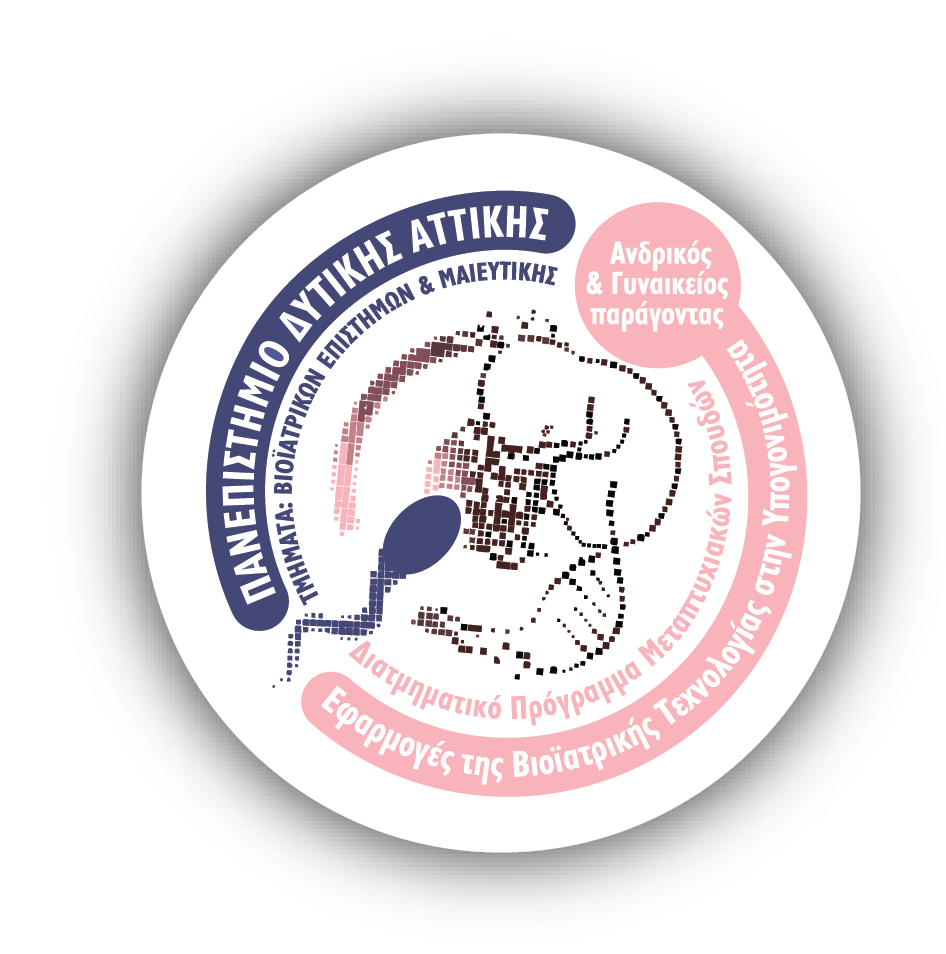The purpose of the course is to acquaint the students with unprecedented and complex moral issues raised by the application of assisted reproduction methods, which cause new morals in human reproductive function and life and put to an undeniable test the moral reflexes of modern societies. Assisted Reproduction methods raise objections and ethical dilemmas, inextricably linked to human dignity, as well as the disruption of the traditional family structure, creating new alternative family forms. These reservations are found in the concerns of biologists, doctors, lawyers, church officials, as well as philosophers and sociologists, with the aim of seeking a balance between collective and individual interest.
After successfully completing the course, students will be able to:
- understand the principles of Medical Ethics in Medically Assisted Reproduction
- process and manage the new knowledge of biomedical developments and reconcile the new data with social and ethical perceptions, identifying the gray areas of life, between life and death.
- understand the ethical dilemma that emerges strongly from the technological progress in human reproduction.
- recognize biomedical research and developments, especially those that deviate from the primary goal of science, which is the benefit of society at large.
- understand the legislative framework regarding Medically Assisted Reproduction.
- develop appropriate skills to manage, from an ethical point of view, methods of assisted human reproduction and the legal and ethical dilemmas arising from their application

